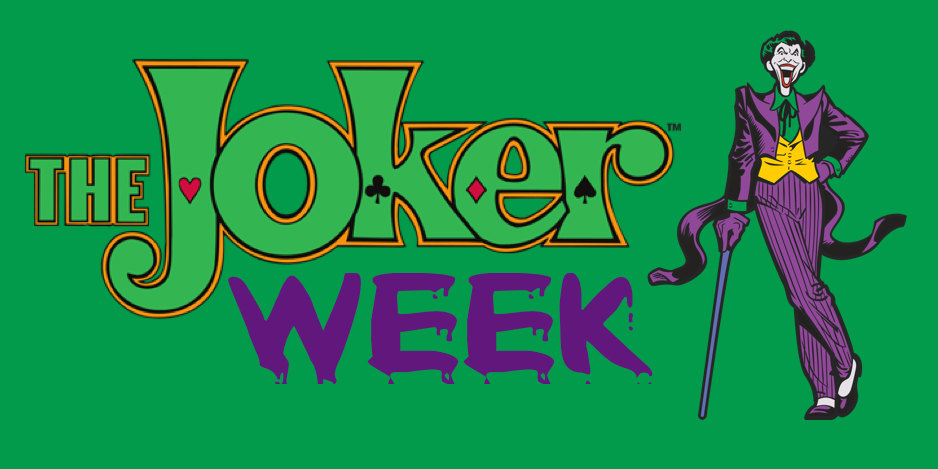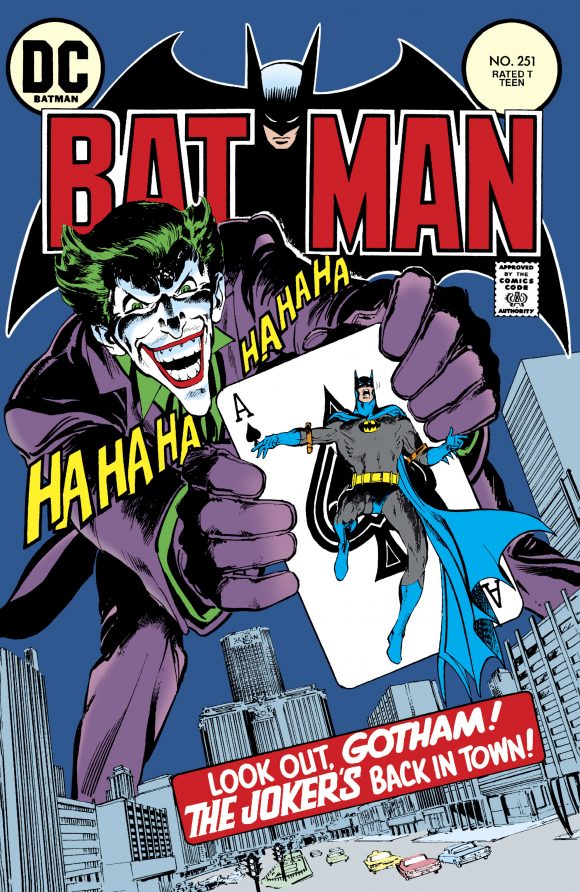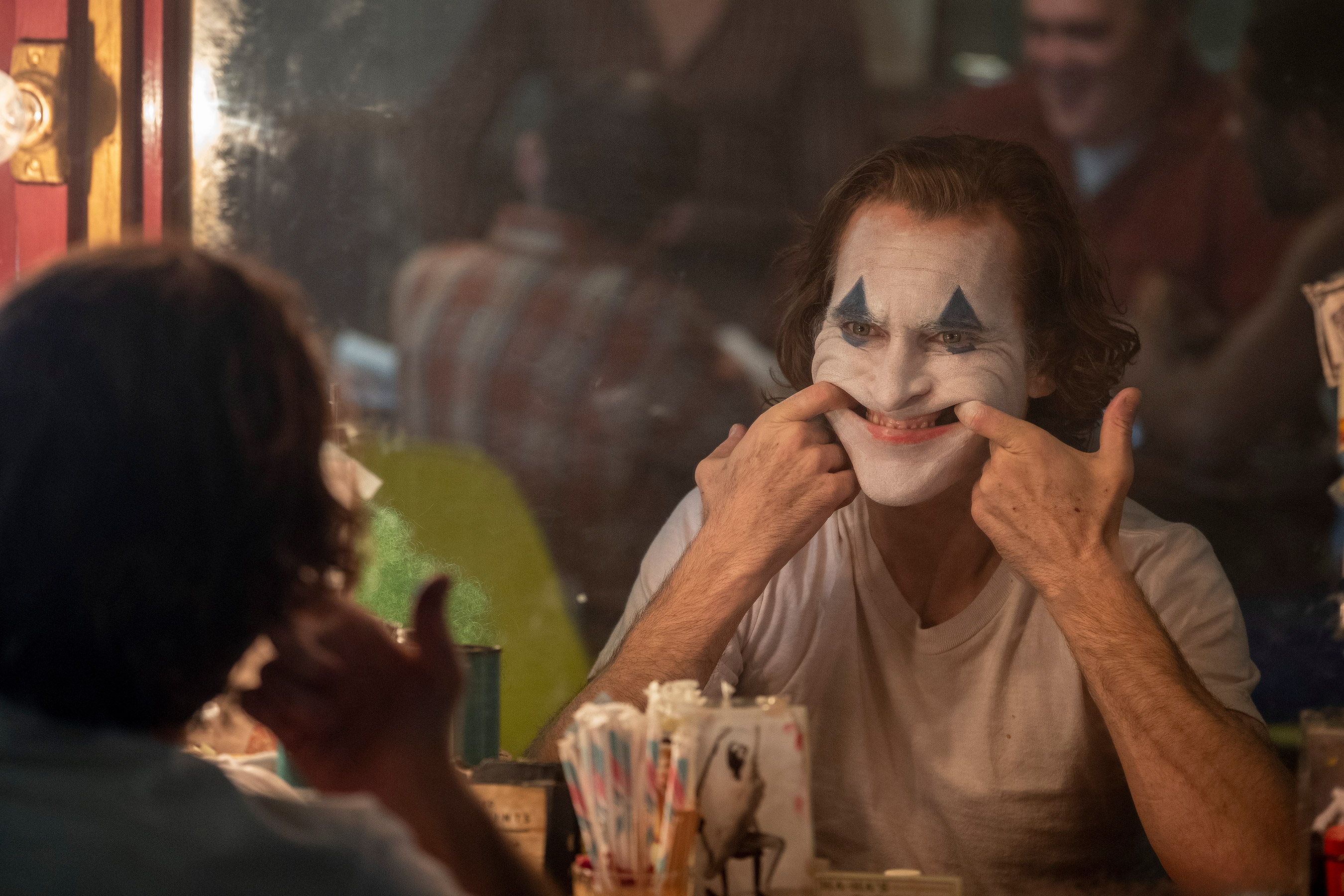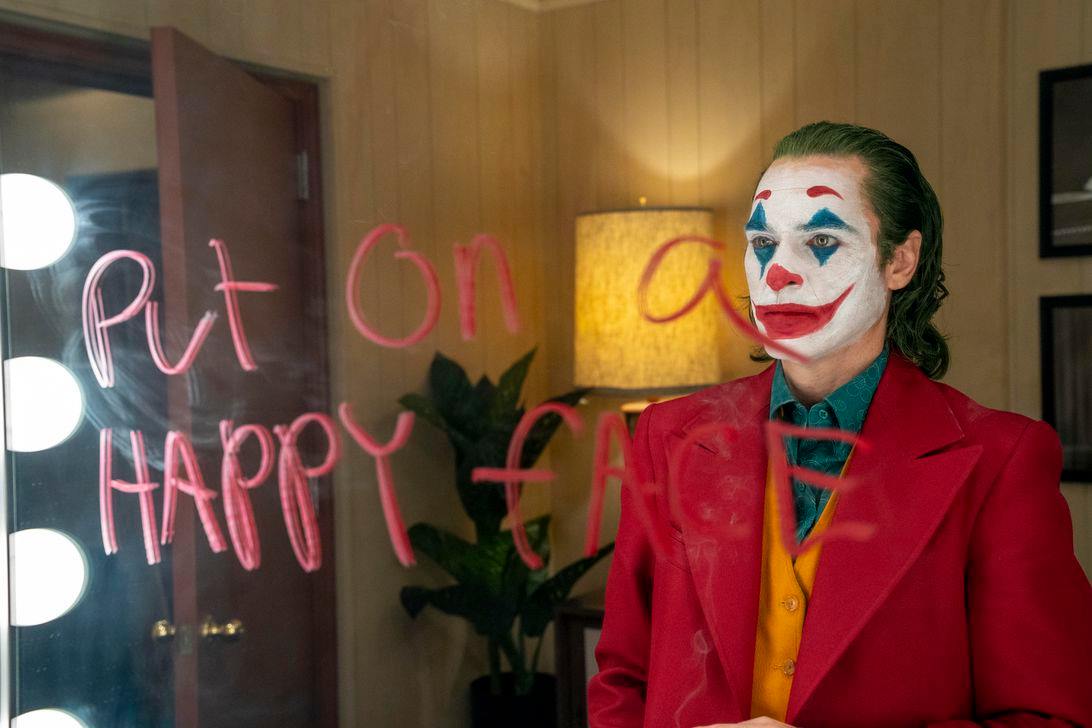A JOKER WEEK EXCLUSIVE BONUS: The acclaimed artist explains why you should see the controversial Joaquin Phoenix vehicle…

—
It’s JOKER WEEK! We’re celebrating comics’ greatest villain since there’s a big ol’ major motion picture out. For the complete index of features, click here. — Dan
—
We wrapped up JOKER WEEK with a look at why 1973’s seminal Batman #251 by Denny O’Neil and Neal Adams — which has been a centerpiece of the week’s coverage — is evidence that the Bronze Age is the true Golden Age of comics. (Click here.)
But in a moment of fortuitous timing, I sat down with Adams at New York Comic Con and he gave me his review of the polarizing Joker, starring Joaquin Phoenix and directed by Todd Phillips — the film whose release inspired me to do JOKER WEEK to begin with.

The Batman #251 Facsimile Edition, out now.
There are a handful of writers and artists who’ve been crucial to the evolution of the Clown Prince of Crime and Adams is among those at the very top of that list — he and O’Neil set the foundation of the Joker we see in modern times.
So, as an EXCLUSIVE JOKER WEEK BONUS, here’s his SPOILER-FREE review of a movie that’s become a cultural lightning rod — as told to yours truly. — Dan
—
By NEAL ADAMS
The first half hour you’re going to hate, OK?
It’s like a French movie.
“What the hell is this?” you’ll think. It’s like, “Oh, Jesus, am I gonna watch two hours of this guy going through crap? And then nothing will happen at the end – because it’s like a French movie?”
Which is basically what French movies are like: “Oh, I’m gonna have to experience it with this guy and nothing will happen at the end, it’ll just be screwed up.”
But then you’re into it an hour and I’m going, “Well, it’s not quite like a French movie. Because some things are happening but it’s really sad and unfortunate.”
And as the movie is progressing, I realize I’ve been interviewed on Joker a bunch of times and the conversation comes down to, really, how come his face is white and his lips are red and his hair is green?

And the answer is because he fell into a vat of chocolate. Or chemicals, or whatever it is, and something happened, and it screwed up his face and put on this constant smile – which he never really has, anyway, right? But he’s supposed to.
And I thought, “That’s interesting.” Because that’s all it is. Those interviews and those questions and those answers. But they don’t ask or answer the real question.
The real question is: Why is he insane?
I mean, who cares what his face looks like? Who cares if he’s white and has got lipstick? You want to know why he’s insane.
He’s insane!
And so you kind of go, “That’s the question!”

Adams’ Joker print at NYCC, flanked by prints of the Batman #251 cover.
Are they dealing with that here? That’s what they’re dealing with here.
They’re dealing with his insanity.
Some people are insane because they were born insane. Some people are retarded in some way. Some people were tortured when they were children. Some people are affected by their backgrounds. Some got beaten up in the schoolyard or something. Some people have an accident – they have brain damage.
So, there are all these reasons why people are insane.
But people really don’t pay attention. People are insane and everybody ignores them. And nobody cares about them. Nobody does anything about them – and we live in a society where those guys end up shooting children in a school.
Because they’re nuts and we haven’t stopped early on to do something about it.

And then you realize that’s what they’re exploring in this movie.
They’re exploring the Joker and how maybe he didn’t have to be the Joker. And they’re telling one of the myriad stories that could be told of the Joker.
Are they going to get to the Joker at the end of this story? After I see this sort of weird, French movie, am I going to see this movie give me the Joker at the end? Am I going to want this Joker to be the next Joker in the next movie? Am I going to fall in love with this Joker even though he’s insane? Are they really doing it?
And they really did. Blew my mind. They really did.
They told me in their version why the Joker’s insane.
And I buy it.
It’s a great job. Fantastic job.

—
NOTE: The text has been edited and condensed slightly for clarity.
—
MORE
— BATMAN #251: Towering Evidence the Bronze Age Is the True Golden Age. Click here.
— The Complete JOKER’S WEEK Index of Features. Click here.

October 6, 2019
I agree that this movie did a fantastic job of showing why Arthur Fleck is insane. However, I don’t know if I buy him being able to evolve into a criminal mastermind. They never demonstrate that he has any skill or talent, and I think that is crucial to believing he’d one day become a criminal mastermind. I have a hard time believing he could obtain a gun on his own (as opposed to being handed one), let alone orchestrate detailed plots or complex crimes. For that reason, I was disappointed that the movie seemed to be a portrait of an insane person doing bad things, luckily getting away with them, and mistakenly being held up as hero/symbol by rioters. It didn’t feel like an origin story of a truly skilled agent of chaos.
October 6, 2019
My biggest hangup for this movie is the same problem I had with Burton’s “Batman”. (“Gotham” did the same with their version.) No one knows who the Joker is and so no one knows his motivation to kill indiscriminately or to perform the other insane acts as he does. To me, that mystery is far scarier than a mob hitman with a grudge or a failed comedian with a grudge. The Nolans handled the character beautifully in “The Dark Knight” and that is THE benchmark for this character.
October 6, 2019
If the movie sheds light on the problems this country has with adequately dealing with the mentally ill and especially the criminally insane, then good. But this whole “Joker’s Week” and the emphasis on an evil, albeit insane, criminal leaves me a bit uneasy. I don’t like it when Hollywood through Old West movies or Marvel & DC put a spotlight on villains.
We have enough glorification of bad things in this country without Hollywood and other media sources making it worse. I probably won’t see this movie (at least until it’s in the $5 DVD bins at Walmart) unless I’ve heard that it IS NOT a glorification of evil or a lighthearted look at criminal insanity. An examination of insanity and ways we can combat it are messages we NEED to hear.
October 7, 2019
Dale, the movie shows very clearly why he becomes Joker. Joker says it plainly near the end. The way to prevent Joker is not controversial — it’s common sense.
October 8, 2019
I thought this movie did an excellent job of showcasing the sad, slow, often-difficult-to-watch mental decline of a man. I don’t think anyone could walk out of the theatre with a glorified view of Joker. His entire life, as he stated, was one big joke. He truly became the Joker once he simply decided to embrace that fact, embrace who he was, rather than trying to hide or mask how he felt inside. As Joker, he is truly and finally free. I feel like a lot of people just want to see movies with a fully developed and entertaining Joker character, so perhaps this was boring for them, but it was beautifully done and Joaquin Phoenix was excellent and fantastically creepy. This movie does a great job of showcasing the results of a society not caring for its most vulnerable members, leaving them subject to poverty, abuse, neglect, a lack of social and health services. In the words of the Joker, “you get what you deserve”.